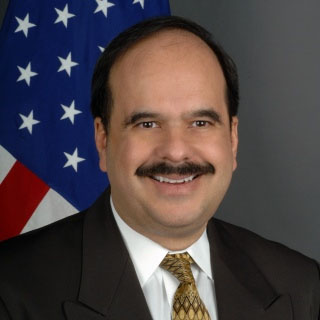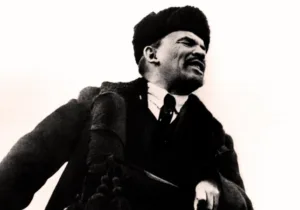The July 11 outbreak of anti-regime demonstrations in Cuba throughout cities and towns on the island caught the regime and international media by surprise. Poverty, hunger, the toll from the pandemic, and increasing repression all contributed to the outbreak; people weren’t calling for COVID-19 vaccines but for freedom and for an end to the regime. Some were surprised, but you could see it coming.
The thousands who marched came from all sorts of backgrounds—many young people, artists and activists, students and professors, the hungry and unemployed (of which there are many), journalists, ordinary Catholic priests (the church hierarchy is, however, compromised by the regime), Baptists, and Santeria worshippers. Cuba has only one legal party, the Cuban Communist Party, which has held monolithic power for decades, but there are many small, poor, irregular, or illegal political and social organizations that make up a type of loose constellation of leaderless, anti-authoritarian groups. Their numbers and their smallness make it more difficult for Cuba’s vaunted State Security to penetrate or control them all. A swarm of small groupings—making use of a certain level of informality and spontaneity loosely tied through social media (when available) and working toward very broad goals—is one way of partially circumventing the massive repressive apparatus of the state.
But by the evening of July 11, regime security forces moved in, arresting well over a hundred people. There are credible reports of deaths and injuries, videos of live fire, of police brutality, and of course the regime did all it could to restrict communications and internet access. But as heartening as the initial images coming out of Cuba were, it will be extremely hard for courageous if unarmed demonstrators to remove a heavily armed police state deeply experienced in not only repression at home, but abroad. The Cuban regime is currently involved in both subversion and regime survival in several countries in Latin America. It knows from long experience how to overthrow regimes and how to keep them in power, how to use enough repression without risking a reaction by using too much violence too soon. One can expect at some point in the near future (COVID-19 restrictions permitting) highly orchestrated mass rallies by the regime aimed to show its power to the world. July 26 is just around the corner.
And the repressive apparatus of the state is tied to the country’s principal money-making enterprise, a holding company that controls most of the country’s tourism and finance industry. If you stay in a hotel in Cuba, use a credit card, change money, or send dollars to someone through official channels, you are putting money in the pocket of Cuba’s ruling generals and their party apparatchiks.
July 11 was not the fall of an odious regime, but the latest round in the long bitter struggle of the Cuban people to obtain their freedom, a struggle that has included all manner of activity: conspiracy, years of insurgency, activism, hunger strikes, journalism, artistry, exile, and death.
Many Americans, with their short political attention spans, have been moved by those images mostly coming from one day in the life of the much-abused Cuban Republic. By turning off the pictures, the regime hopes that the world will forget, move on, be distracted by the next thing. That may work for now; it has before. The regime can also try to generate another immigration crisis, if conditions are right.
Aside from Western forgetfulness, the regime needs hard currency. The pandemic has hurt the tourist industry, a major cash cow for the ruling elite. Another steady source of liquidity, the regime in Venezuela, has major problems but will continue to help the rulers in Havana as much as it can. The European Union, whose Spanish Socialist Exterior Affairs has a soft spot for the Havana regime, is an obvious patsy. And Mexico’s leftist President López Obrador (AMLO) has repeatedly expressed a willingness to bail out the Cuban regime, if done with others. China is already helping Cuba, but China doesn’t do charity.
What can America do? Not a lot that will provide immediate results. Making sure the Cuban people know that their struggle is not forgotten and facilitating internet censorship circumvention tools are obvious but important steps. Trying to forge bipartisan consensus on Cuba would be good. Sharing reliable information about Cuba’s opposition, rallying, praying, making common cause with like-minded partisans of Cuban freedom in America are small, significant gestures that can be done by ordinary Americans. The United States can also avoid the obvious trap of rewarding the regime with cash that will be used to perpetuate its hold on power. Bizarrely, just as repression began against demonstrators in Cuba, some in Washington began calling for the lifting of the US trade embargo (which exempts food and medicine anyway), the very thing the regime currently escalating repression wants most from Washington. In a more humane world, the regime would allow unfettered “humanitarian corridors” bringing emergency food and medicine to hungry people. But that has already been rejected by Havana.
I fear that darker days of sacrifice for the Cuban people are ahead, and I wish that it was not so. The eventual hard-won victory will be achieved by those on the island and nowhere else. We can only help or make it more difficult for them. But Cubans deserve lives of dignity and freedom that have been so long denied them. The day of liberty is not quite at hand, but it is coming.







 Live in the DC area? Sign-up for Providence's in-person events list!
Live in the DC area? Sign-up for Providence's in-person events list!